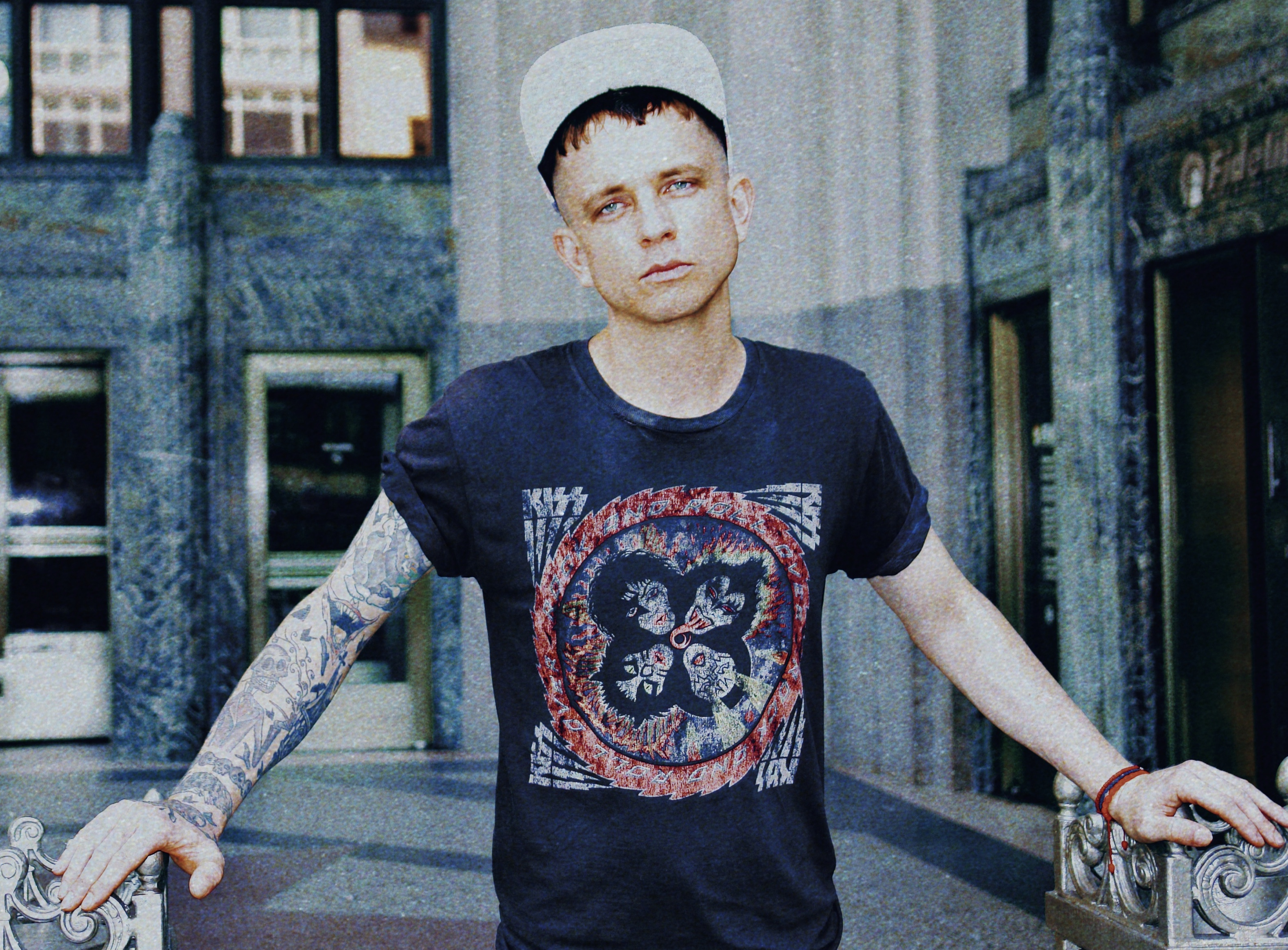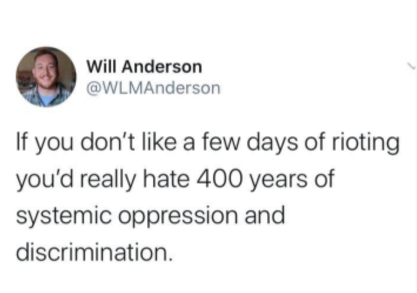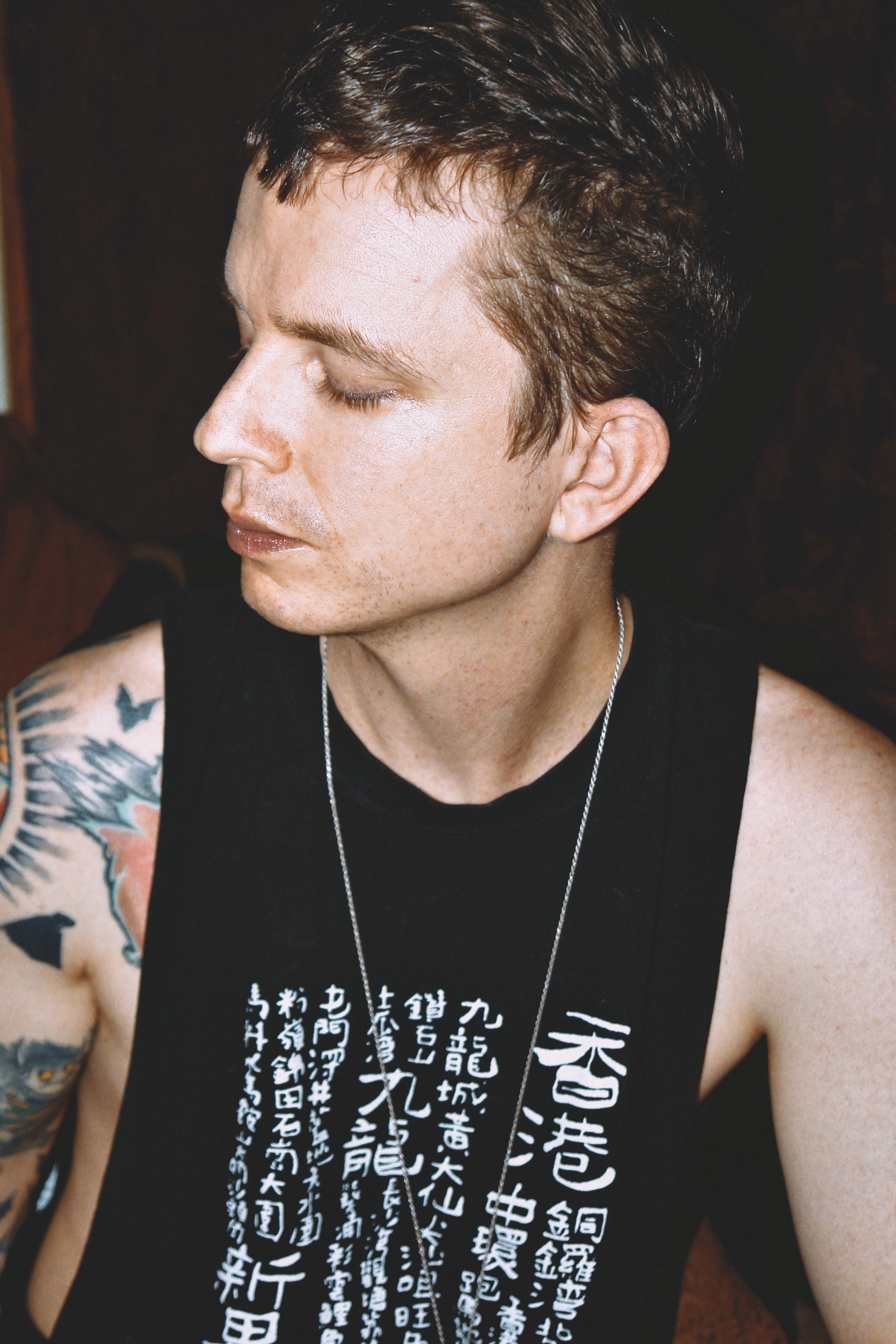
A couple of summers ago, I traveled to Greece and visited with a family friend on the island of Syros, who welcomed me into their home for several days without really knowing me at all.

Although I did not speak Greek, I was able to use Google Translate on my phone and have conversations about the origins of Democracy, the stars and constellations, and different philosophies, that if it weren’t for technology, would not have been had.
One topic came up that had been on my mind over the years. Relationships.
After spending a few days in the home of Mikali and his wife Helen, two very kind, welcoming, beautiful souls, who seemed to be very much in love, I asked Mikali how they had a long-lasting, harmonious relationship, and the answer had a very profound effect on me.
Mikali responded by stating in times of disagreement, in order to keep that relationship in a healthy state, you must be comfortable with having uncomfortable conversations. After this conversation, I started to realize that these words didn’t only apply to romantic relationships, but relationships in business and non-romantic relationships as well.
So often, we are given opinion pieces by the news, friends, social media, etc. and once we have seen and processed this information, we react, and that becomes our truth. We then share that truth with people on social media and the process continues. I’ve been in social settings where people have friends that are blatantly racist, ignorant or blind to the world outside theirs, and due to insecurity and the false sense of success, people remain quiet.
When someone disagrees, we “cancel them”, expose them, fire them from their jobs because they were ignorant and inappropriate. While it’s great that people are coming together, the person who is in the wrong needs to understand why they were in the wrong and to have a dialogue until both parties come together. Furthermore, if we take time to at least TRY to understand why the offender reacted in such a way, we can find peace and compassion. That perspective becomes a ripple effect, and just like that the world starts to change.
I’m not one who follows the news much, but have you noticed the power of your voice? People at Starbucks wanted to wear Black Lives Matter clothing, pins and accessories to feel more connected. Starbucks initially said no, but after all the backlash, they made it okay. During the riots people were destroying stores and there were many companies and CEOs that understood that people were angry and clothing is not as important as a human life and racial justice.
I was fortunate enough to grow up in a very diverse childhood, with a family of storytellers who made sure I understood the roots and significance of my culture very well and that I appreciated others for being different and that everyone has their own beliefs and opinions. I also learned along the way that people who are hurt will hurt other people (“hurt people, hurt people”).
I grew up in a pretty rough neighborhood in West Berkeley, CA in a time where there was a lot of racism and anger and I saw my mother get pretty severely attacked by neighbors. When the police came to file a report, there was nothing they could do because none of the neighbors wanted to help (snitch). In the next days, my mother was doing daycare for the same families involved (and not wanting to be involved) in this hate crime and I learned at the age of 5, from my highly evolved mother, that there was a much bigger problem that needed to be resolved.
My mother never harvested ill feelings toward an entire race because of this single event. In fact, she went on to teach in rough neighborhoods throughout Oakland, CA for over 30 years, even after being spit on and called names because of her skin color. I grew up learning to try to understand difficult situations instead of reacting with similar actions.
Ignorance and racism are learned behavior. We learn concepts and make them our truth and then filter our lives without really ever questioning them. People are upset because people are rioting, stating that this is not the answer.
If we were to think of the world as a human being and to imagine that we had a personal relationship with the world, we might look at it differently. We have all felt anger and frustration when things did not go as we expected. So when people are saying “all lives matter” or that people should calm down, think of what you’re saying on a personal level.
Think of a time you were fuming angry. When you were angry, you felt justified. Being told to calm down or not be angry most likely made you more upset. When you were upset and trying to explain why you were upset and the other person justified their actions or denied your feelings, how did you feel?

We must learn to understand and listen more (myself included). The one thing we are just now starting to see as a society is how the power of vulnerability connects us.
Advertisements are becoming more realistic and natural. Because of social media, people are starting to discuss mental health. Companies like Nike are taking a stand against hatred and racism. CEOs of companies, regardless of their true feelings are catering toward a more broad audience and while there is still ignorance in media, diversity is really starting to be expressed and celebrated mainstream.
Our focus is shifting. It’s upsetting because it’s different and it feels uncomfortable. Being uncomfortable can be life-changing. At the root of all that is unfolding, there is an issue that involves us all and there is actually a way to make a major change moving forward.
The most interesting part about change is that once it comes, those who were acting incorrectly will change their behavior. When someone gets filmed being racist, they apologize. When someone acts out of hate, racism, sexism, etc. and gets caught they apologize. Some are more authentic than others, but I believe we know when we are doing wrong.
In order for things to truly change as a society, we must start telling our children and our loved ones that we do not shame others for being different, we do not ruin their lives and careers.
We must have uncomfortable conversations to understand what is different instead of meeting it with anger and hate. Most of the time there is an emotionally wounded child who grew up in abuse who is acting from a place of fear. When there is corruption it is deep insecurity.
This is a very complicated multidimensional issue and will take time, but through uncomfortable conversations, we can make a real change.
May we all know true peace. Black Lives Matter.
If you are a seeker like me, here are some videos that helped change my perspective via Ted Talks:
Brene Brown: Listening to shame
Celeste Headlee: 10 Ways to Have a Better Conversation
Simon Sinek: How Great Leaders Inspire Action
Chimamanda Ngozi Adichie: The Danger of a Single Story
Andrew Solomon: Depression, The Secret We Share
P.S. Music gets us through good times and bad.
If you’re looking for a ray of positivity in everything going on, please feel free to dance to this Drum n Bass song By Kyriaki “Angels and Rainbows, dedicated to all first responders and for the world to celebrate themselves.

